‘New form of democracy in my country is a great thing’

Laura Derrer says she is intrigued by a proposal to let citizens vote on constitutional amendments as part of a reform of direct democracy in Chile.
The 19-year old student of law in Santiago de Chile is a fresh voice of the Swiss Abroad community. swissinfo.ch gives the floor to leading members of the newly-founded online youth parliament.
swissinfo.ch: What do you want to achieve as a member of the new youth parliament of the Swiss abroad – first of all in Switzerland, and second in your country of residence?
Laura Derrer: In my view one of the most important goals to achieve in Switzerland is to acknowledge and integrate the many young Swiss who live around the world.
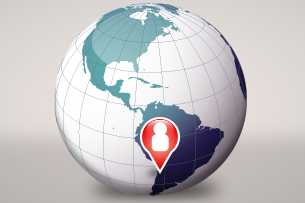
Although there are organisations striving for this goal, there is a lot more that could be achieved. Young Swiss abroad feel affected by what happens in Switzerland and in Europe and would like to play a role and be taken into account.
Second, there is a Swiss school and a Swiss club in Chile, where there are motivated Swiss people but no formal exchange of views.
It would be wonderful if we could spark a political discussion and create projects with the help and motivation of all those young and engaged people.
swissinfo.ch: What does direct democracy look like in your country of residence? Are there options that you especially appreciate? And ones that you miss having?
L.D.: Chile is governed by representative democracy, where the people elect the president and congress every four years.
There is a big discussion going on at the moment about our constitution, which was introduced under undemocratic circumstances during the dictatorship of the 1980s.
One project on the table envisages direct democratic ballots in a newly drafted federal constitution. This new form of democracy, which has so far never been properly practised in Chile, is in my view a great thing.
But it is important that the people are generally educated so they can reach the right decisions.
Direct democracy as it is practised in Switzerland is a good example for what could still be achieved in Chile.
swissinfo.ch: In most countries, young people vote less often than people of other age groups do. Isn’t direct democracy a prime agent for young people to communicate their political needs and ideas?
L.D.: Of course direct democracy is an effective means of motivating the youth to take part in political discussions.
The youth parliament of the Swiss Abroad was set up only a few months ago and is still in its infancy.
It’s primarily an online platform which brings together the about 350 members across the world for debates and other exchanges of ideas via social media and skype.
swissinfo.ch interviewed 11 young Swiss expatriates who are leading members of the youth parliament. Our questions focus on issues of participatory citizenship in their countries of residence and in Switzerland.
In every public ballot, everyone feels involved because every vote can change a result. In a direct democracy it is always more difficult to have an effective impact because so many interests are at stake.
Here in Chile, that becomes manifest in the student movements which are fighting for a better and more egalitarian education system.
swissinfo.ch: Since the attacks in Paris, Europe has been obsessed with the terrorism of the Islamic State group. Is the fight against Islamic extremists, which has led to the restriction of individual freedoms, a danger for democracies?
L.D.: Extremist movements are always a threat to democracy and individual freedom.
Anyone who only tolerates one ideological view automatically limits freedom of thought. What happened in Paris is terrible and is not just an attack on life itself, but also on cultural pluralism.
However, the solution is not to use the same weapons in response. Of course it is important to ensure that extremists are not a threat to people’s lives and personal freedom.
But on no account should one hold all Muslims responsible for the act, or view them all as suspicious, because that would be the same thing again: censoring an entire culture because of its differences.
Translated from German by Catherine Hickley

In compliance with the JTI standards
More: SWI swissinfo.ch certified by the Journalism Trust Initiative
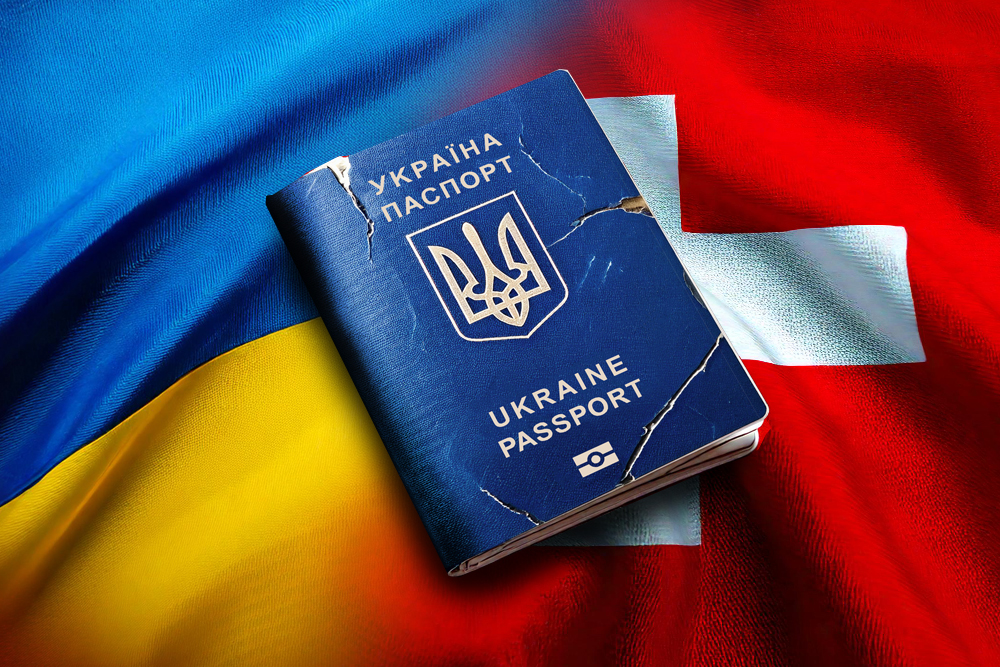
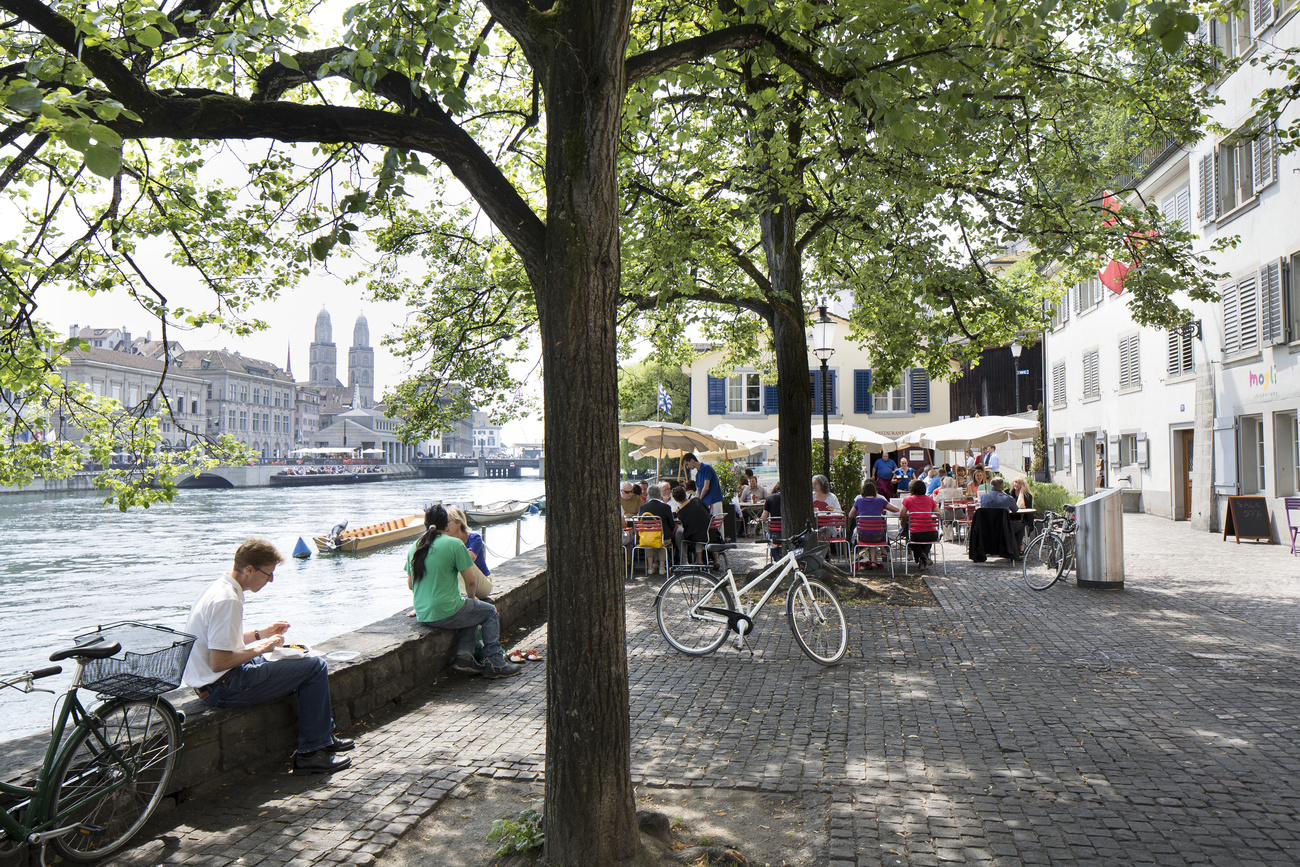






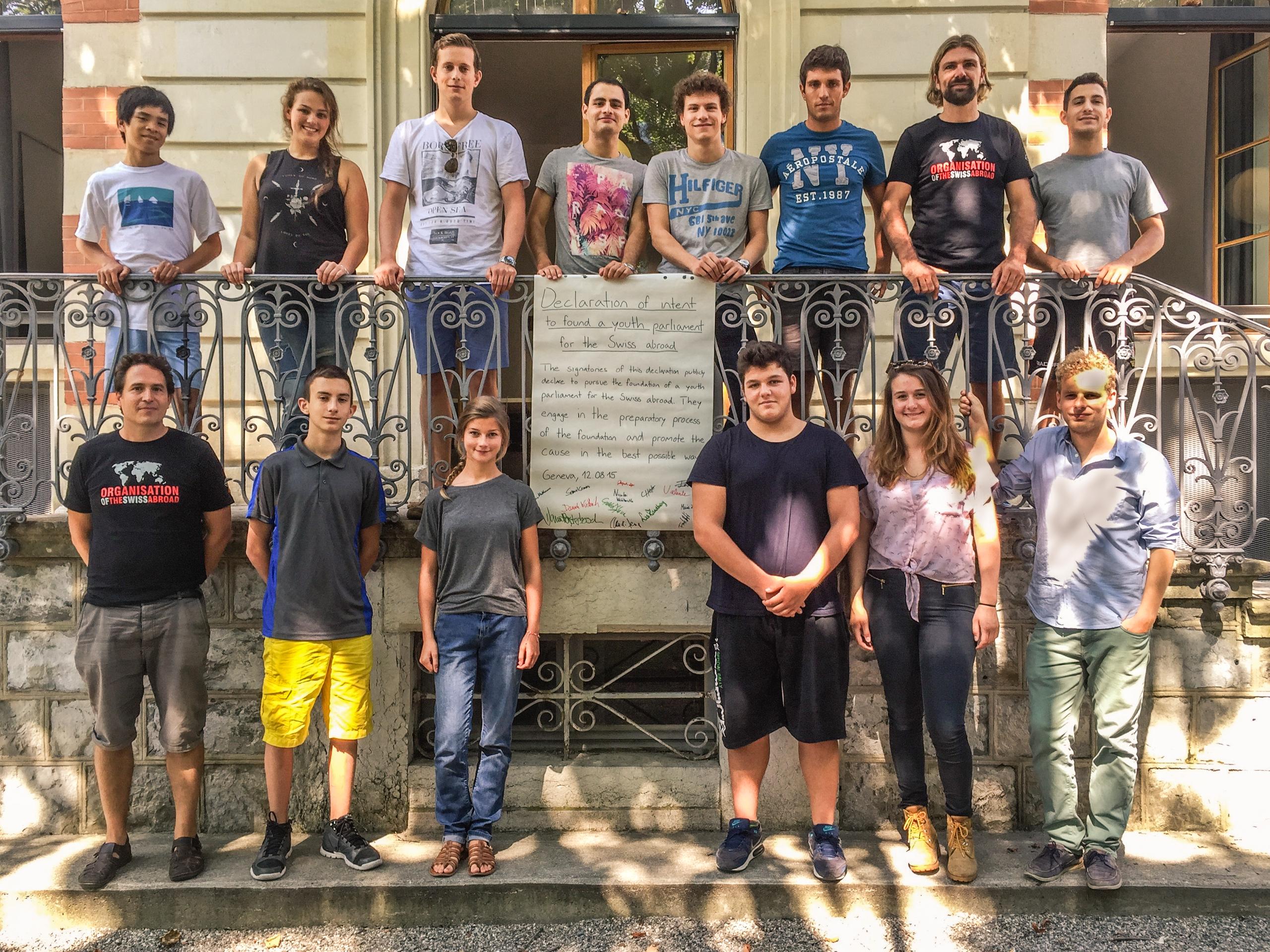


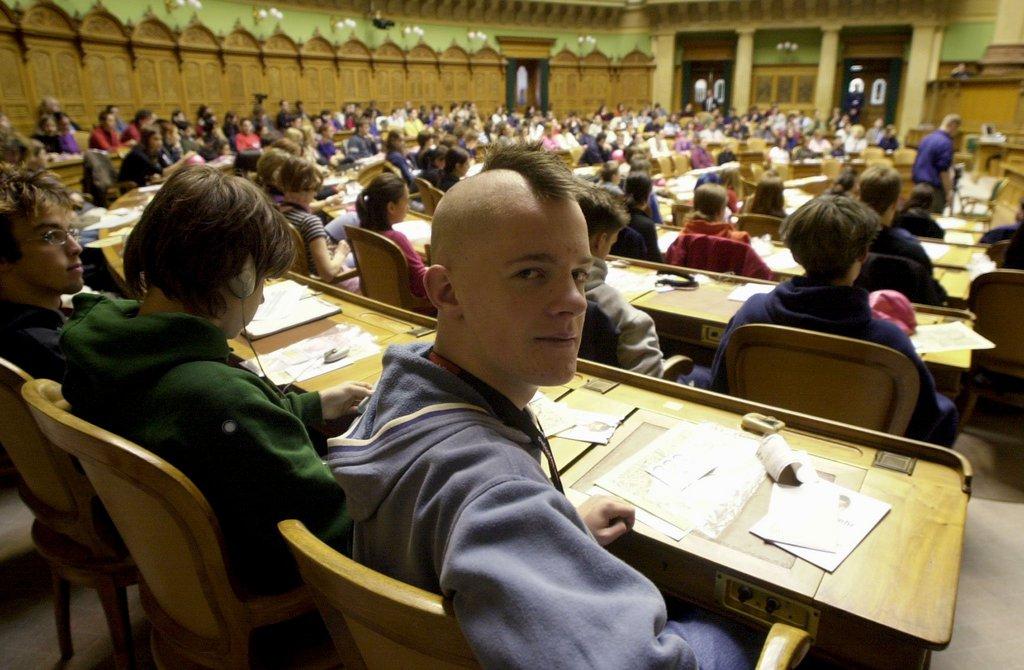
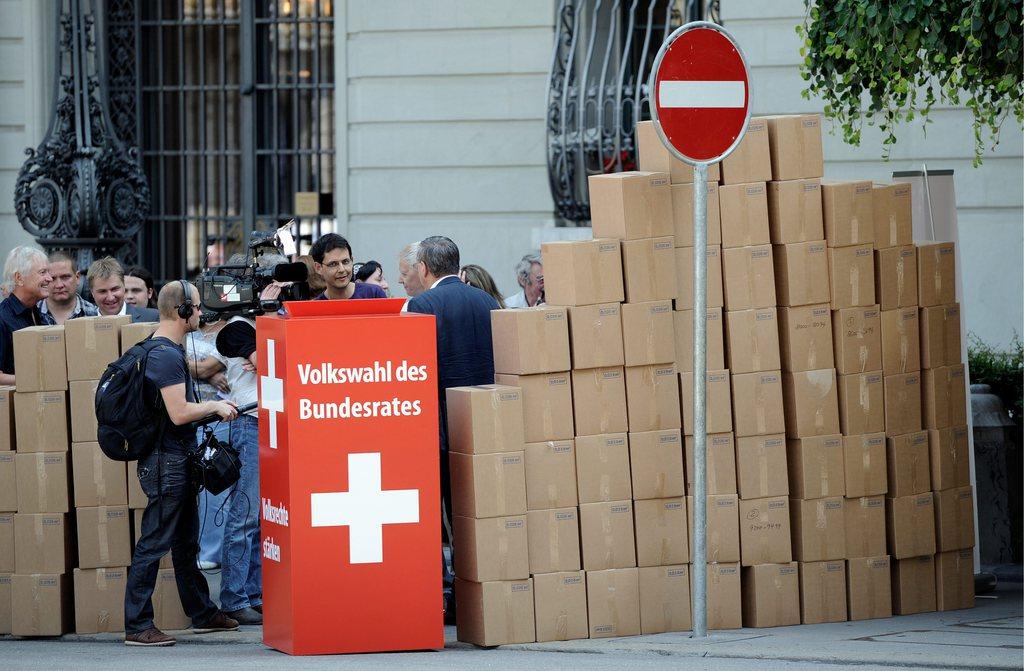
You can find an overview of ongoing debates with our journalists here . Please join us!
If you want to start a conversation about a topic raised in this article or want to report factual errors, email us at english@swissinfo.ch.